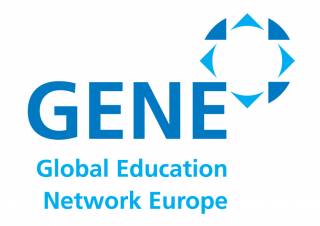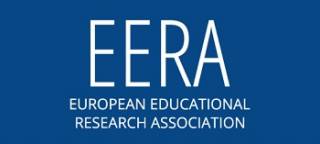Vera G. Centeno leads the Finland team in the project: Climate change and religiosity: An international cross-curriculum comparative study of school-based messages about human-earth relationships (March 2021 – July 2022).
The project received the Global Education Network Europe (GENE), European Educational Research Association (EERA) award 2021.
The project research teams are located at the Tampere University (Finland team, Dr. Vera G. Centeno), Otto-Friedrich-Universität Bamberg (German team, Dr. Susanne Ress is the project leader), and at the University of Wisconsin-Madison (Ghana & Malawi team, Professor Nancy Kendall).
Climate change remains one of the most threatening challenges faced by humanity in the 21st century. Especially youth need to be prepared to deal with the consequences of climate change and to contribute to a sustainable and environment friend

ly living. This is a matter of protecting the environment and global social justice. Thus, Learning for Sustainability and Global Learning are crucial tasks for education today. Yet most of the environmental education research is focused on industrialized countries, missing the heterogeneity of lived experiences of environmental change around the world. Even fewer studies have offered comparisons across contexts where students’ experiences are vastly different. To contribute to a more holistic understanding of global environmental education, the project examines 8th-grade textbook messages about climate and environmental change and human-earth relationships across subjects (e.g., natural sciences, social sciences, religious and ethical studies) in Ghana, Malawi, Germany, and Finland.
Furthermore, personal worldviews are at the core of individuals’ perception of reality (Marshall, 2010; Samovar et al., 2010). Young people refer to religious beliefs, among other things, in their value-related decisions (Affolderbach and Plötz, forthcoming). A special focus of the project will be set on the ways in which faith-based worldviews and religiosity play a role in textbook messages about human earth-relationship. The objective is to foster learning about a plurality of worldviews including different religious perspectives. This requires an interdisciplinary dialogue between faith-based and secular education actors about how to best integrate a plurality of ontological and epistemological worldviews
into environmental education, especially how religiosity and faith-based perceptions of human-earth relationships can help encourage environment-friendly behaviors among youth in Europe and other world regions.
